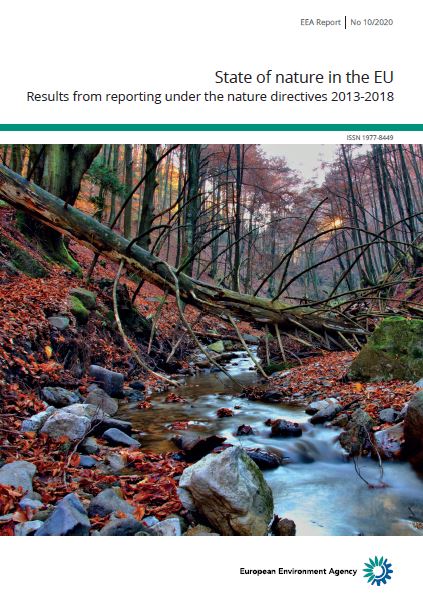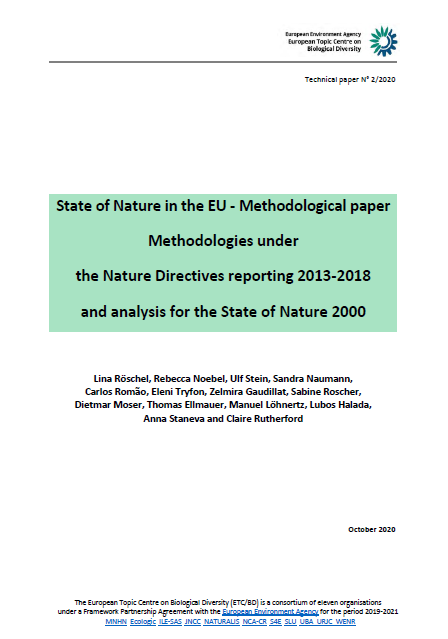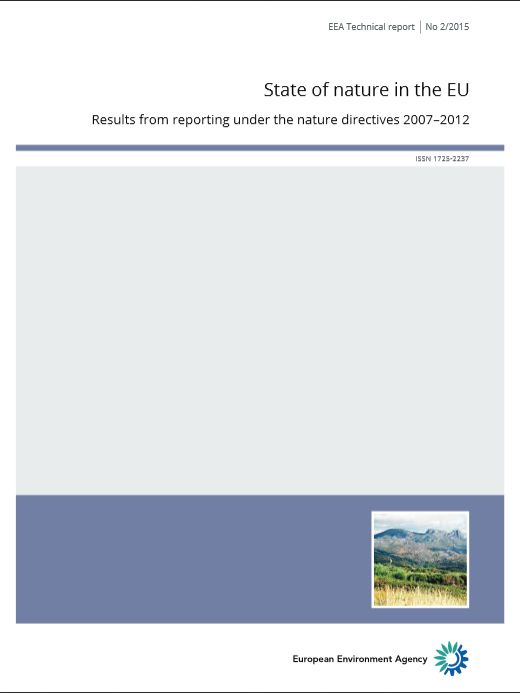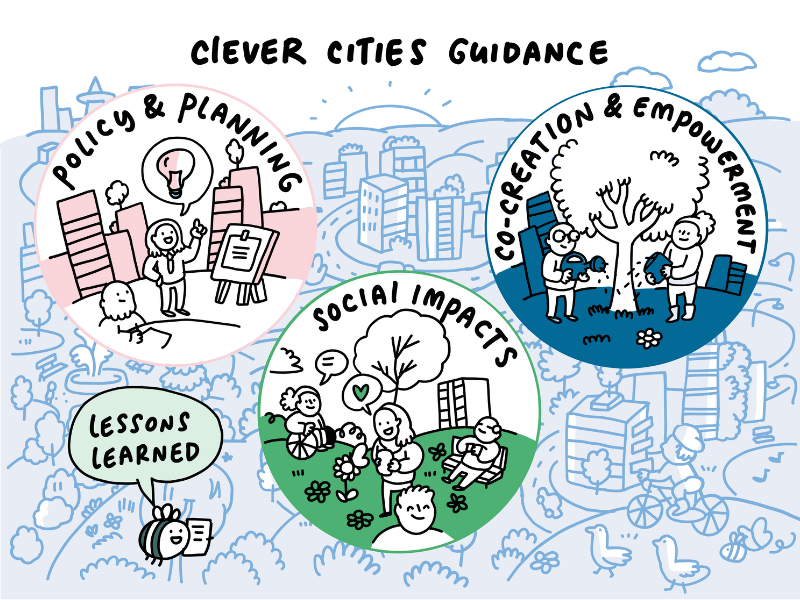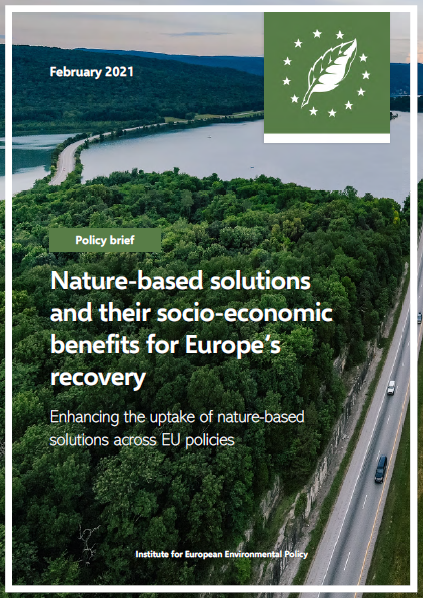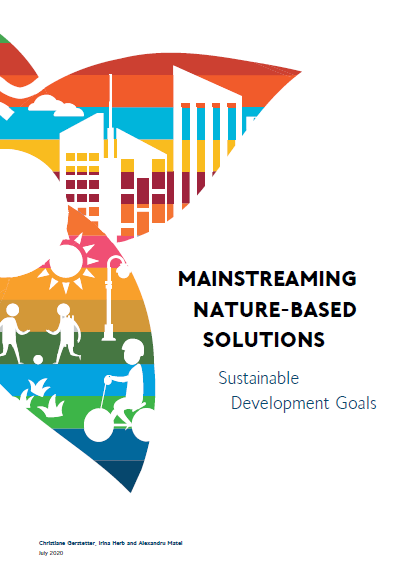Introduction to Nature Based Solutions
Lecture for the 88th UNEP/UNESCO/BMUV International Short Course on NBS to emerging water challenges
- Presentation
- Date
-
- Location
- Dresden, Germany
- Lecture
Many countries are increasingly vulnerable to climate change, which affects the supply with water in sufficient quantity and quality. This trend is exacerbated by population growth, land degradation, and surging water demand, collectively impacting vital ecosystems such as wetlands, forests, rivers, and lakes. The 88th UNEP/UNESCO/BMUV International Short Course held at the TU Dresden focused on Nature-based Solutions (NBS) to emerging water challenges. Nature-based solutions, which involve protecting, restoring and sustainably managing ecosystems, provide efficient solutions to the negative effects of both anthropogenic drivers of climate change and the loss of biodiversity. The seminar featured several contributions over a period of three weeks, including a presentation from Ecologic Institute Fellows Gregory Fuchs and Dr. Benjamin Kupilas on the concept of NBS and relevant international and European policy frameworks for implementing NBS.
The presentation started with a background on the interconnectedness of climate and nature and focused specifically on biodiversity loss as a key challenge – with the decline of freshwater species being the most severe – using evidence from recent reports (State of Nature in the EU, WWF Living Planet Index, etc.). Highlighting freshwater ecosystems as sentinels of transformative change, the presentation emphasized the indispensable role of water in sufficient quantity and/or quality across economic sectors like energy, transportation/navigation, manufacturing, agriculture, and sanitation.
Fuchs and Kupilas summarized the economic value of water and freshwater ecosystems using recent assessments. The presentation outlined the concept of NBS and provided insights to relevant global and European policy frameworks, as well as examples of NBS and an overview about indicators to evaluate and assess impacts of NBS. Among the highlighted NBS, the restoration of urban wetlands in densely populated areas was emphasized as a means to address both flood control and biodiversity loss, although challenges related to land availability and maintenance were also discussed. The presentation also delved into governance and institutional frameworks, shedding light on how coherent policy instruments at both local and international levels can catalyze the uptake and mainstreaming of NBS. The presentation also underscored the importance of robust stakeholder engagement, illustrating how collaboration between policymakers, NGOs, and local communities can accelerate the adoption and efficacy of NBS.
To enhance participant engagement, the course integrated numerous interactive facets, such as guided group tasks and the use of the Mentimeter platform for periodic feedback sessions. Providing real-world context, the discussions often involved around the sharing of country-, region- or city-specific insights from the participants, spotlighting the unique challenges and successes of NBS implementation in diverse landscapes.
For those interested in delving deeper into the content, the presentation slides are available for download. For more insights into the work and profiles of Gregory Fuchs and Dr. Benjamin Kupilas, visit our topic page on Nature-based Solutions and Green Infrastructure.






